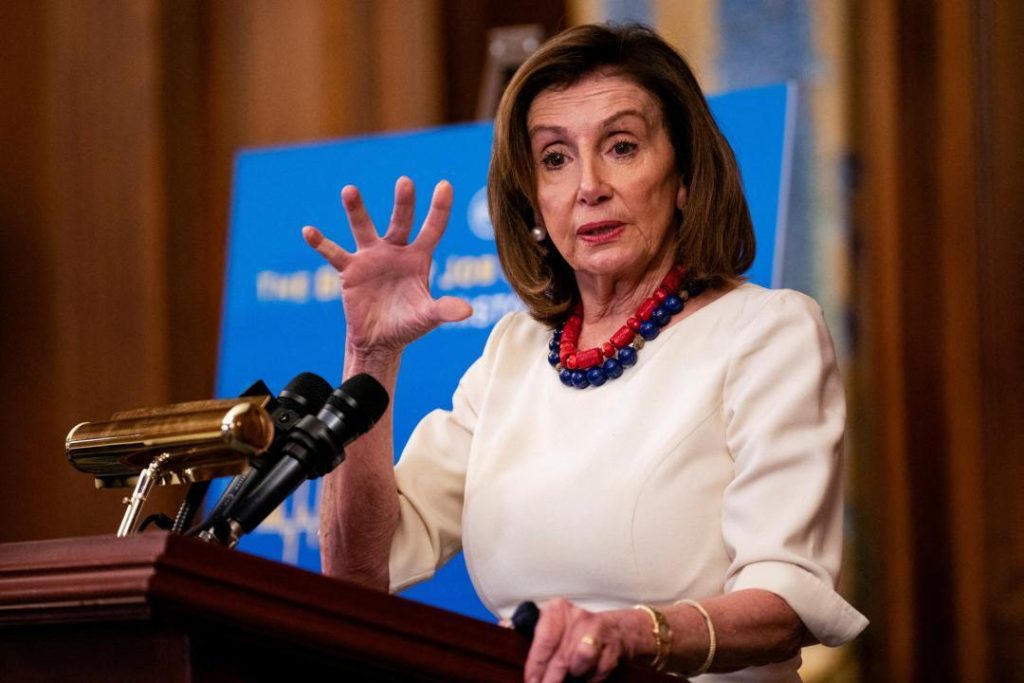
What is the PELOSI Act and why is it named after former US Speaker Nancy Pelosi?
The Preventing Elected Leaders from Owning Securities and Investments (PELOSI) Act, reintroduced by US Senator Josh Hawley, aims to prohibit lawmakers and their spouses from holding or dealing in stocks while holding office. This act is a significant step towards promoting transparency and accountability in the US political system. But why is it named after former US Speaker Nancy Pelosi? Let’s delve into the details.
The PELOSI Act, as the name suggests, is a response to the controversy surrounding Nancy Pelosi’s net worth. During her term as Speaker of the House of Representatives, Pelosi’s net worth increased significantly, largely due to her investments in the stock market. Critics have long accused her of using her position to influence policy decisions that benefited her own financial interests.
The act proposes to prohibit lawmakers and their spouses from owning or trading individual stocks, bonds, and other securities. However, they would be allowed to invest in mutual funds (MFs), exchange-traded funds (ETFs), and Treasury bonds. This move is aimed at reducing the potential for conflicts of interest and ensuring that lawmakers prioritize the public interest over their personal financial gains.
The PELOSI Act is not a new concept. It was first introduced in 2019, and Senator Hawley has reintroduced it in the hopes of creating a more transparent and accountable political system. The act is not a direct attack on Pelosi, but rather a response to the broader issue of lawmakers using their positions to enrich themselves.
The motivation behind the act is rooted in the concern that lawmakers are using their insider knowledge to make informed investment decisions, often at the expense of the public. By prohibiting individual stock ownership, the act aims to level the playing field and prevent lawmakers from using their positions to gain an unfair advantage.
The PELOSI Act is not without its critics, however. Some argue that the ban on individual stock ownership could lead to a lack of financial expertise among lawmakers, potentially negatively impacting their ability to make informed policy decisions. Others argue that the act is a political move aimed at targeting Pelosi and her Democratic colleagues, rather than a genuine effort to promote transparency and accountability.
Despite the controversy, the PELOSI Act has garnered support from both sides of the political aisle. Many lawmakers have come forward to express their support for the act, citing concerns about the potential for conflicts of interest and the need for greater transparency in government.
In conclusion, the PELOSI Act is a significant step towards promoting transparency and accountability in the US political system. While it may not be directly targeting Nancy Pelosi, it is a response to the controversy surrounding her net worth and the potential for lawmakers to use their positions to enrich themselves. As the act moves forward, it will be important for lawmakers to work together to find a solution that balances the need for transparency with the need for financial expertise.
Source:



